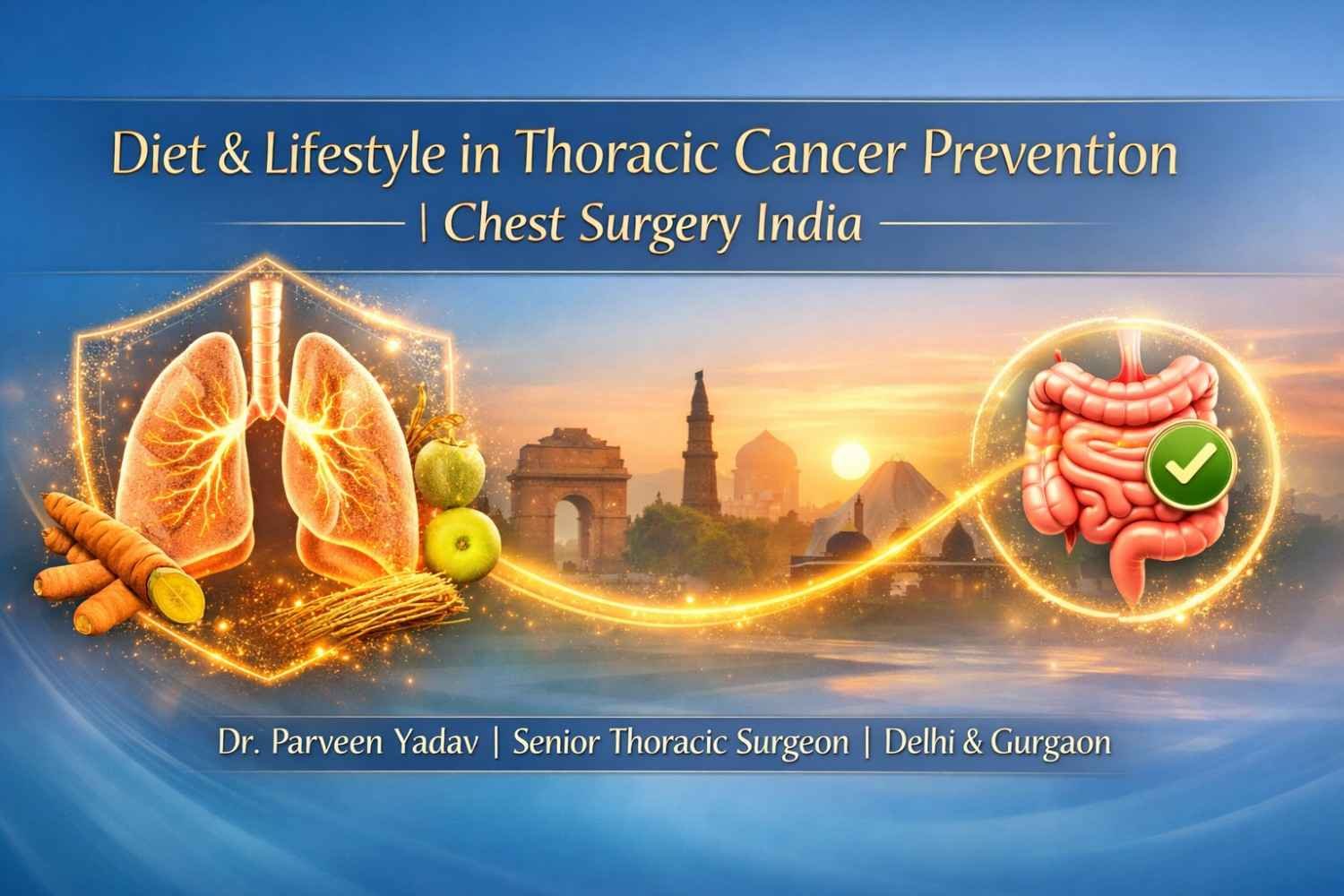

Lung cancer is a complex and challenging disease that requires a comprehensive approach to treatment and care. Multidisciplinary care, which involves a team of healthcare professionals from various specialties working together, has become increasingly crucial in providing optimal outcomes for lung cancer patients. In this blog, we will explore the significance of multidisciplinary care in the management of lung cancer, its benefits, and how it enhances the overall well-being of patients.
The Multidisciplinary Team: A multidisciplinary team for lung cancer typically includes professionals from the following fields:
Latest Blog: Lung Cancer Surgery: What To Expect Before, During, And After
Benefits of Multidisciplinary Care:
Challenges and Considerations: While multidisciplinary care offers numerous benefits, there are challenges that need to be addressed:
Multidisciplinary care has emerged as a cornerstone of lung cancer management, offering a comprehensive and patient-centered approach that considers all aspects of the disease and the individual. By bringing together a team of experts from diverse fields, patients receive the best possible care, leading to improved outcomes, enhanced quality of life, and a greater sense of support throughout their lung cancer journey.

18+ Yrs Exp | 5,700+ Thoracic & Robotic Cancer Surgeries
Dr. Parveen Yadav is a Director and Senior Consultant in Thoracic and Surgical Oncology, specializing in minimally invasive and robotic lung and esophageal surgeries, with advanced training from AIIMS and Tata Memorial Hospital.
View Full Profile Pain After Thoracic Surgery: Tips for Smooth Recovery
Pain After Thoracic Surgery: Tips for Smooth Recovery
 Diet & Lifestyle for Thoracic Cancer Prevention | Dr. Parveen Yadav
Diet & Lifestyle for Thoracic Cancer Prevention | Dr. Parveen Yadav
 Robotic Thoracic Surgery: How Da Vinci Technology is Revolutionizing Chest Procedures
Robotic Thoracic Surgery: How Da Vinci Technology is Revolutionizing Chest Procedures
Struggling with pain after chest surgery? Dr. Parveen Yadav shares expert recovery tips, causes of shoulder pain, PTPS signs, and what your discharge sheet won't tell you.
Discover how diet, breathing exercises & daily habits help prevent and recover from thoracic cancer. Expert insights from Dr. Parveen Yadav, Chest Surgery India
Discover how Da Vinci robotic surgery is transforming chest procedures in Gurgaon. Less pain, faster recovery & expert care by a certified thoracic surgeon
Copyright 2026 © Dr .Parveen Yadav all rights reserved.
Proudly Scaled by Public Media Solution!